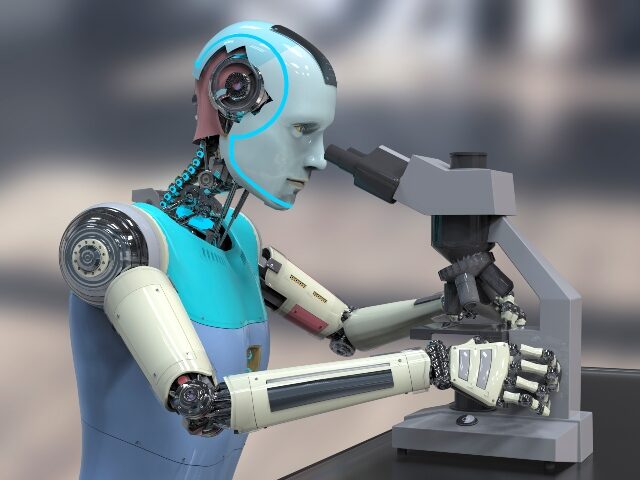In a landmark decision, the UK’s highest court has upheld previous legal rulings that AI-powered machines cannot be listed as inventors on patent applications.
CNBC reports that the ruling stems from a case that has been in the legal system for five years, brought by Stephen Thaler, who sought to list his AI tool “DABUS” as the inventor of two products for which he filed patent applications. Thaler argued that the patents were derived from his ownership of DABUS, a stance that challenged traditional interpretations of inventorship in patent law.
Initially, the UK Intellectual Property Office denied his applications, citing patent stipulations that require a human inventor. Thaler appealed this decision, arguing that he met all requirements of the 1977 patent legislation. His appeals were heard in the UK’s High Court and Court of Appeal, both of which upheld the initial decision.
The Supreme Court’s ruling did not address whether inventions created by AI tools should be patentable or if the definition of “inventor” should expand to include AI. Instead, it focused on existing patent law, which necessitates that an inventor be a “natural person.” The court also rejected Thaler’s claim that he was entitled to patent rights on the basis of his ownership of DABUS, reiterating that a human must be listed as the inventor.
Tim Harris, a patent litigator at law firm Osborne Clarke, told CNBC: “Whilst it is increasingly easy to anthropomorphise AI and its accomplishments, the UK Supreme Court has reiterated that the Patents Act requires an inventor to be a natural person to obtain a patent.”
He added: “If it had been Dr Thaler’s case that he was the inventor and had used DABUS as a highly sophisticated tool, the outcome of the proceedings may have been different. However, the Supreme Court was not asked to decide this question. Neither was it asked to determine broader questions such as whether technical advances generated by AI acting autonomously should be patentable.”
The UK court’s decision aligns with similar rulings in the U.S., where courts have also asserted that patents must have human inventors. The ruling has significant implications for the future of AI in innovation, particularly in how AI-generated inventions are treated under patent law.
Read more at CNBC here.
Lucas Nolan is a reporter for Breitbart News covering issues of free speech and online censorship.

COMMENTS
Please let us know if you're having issues with commenting.